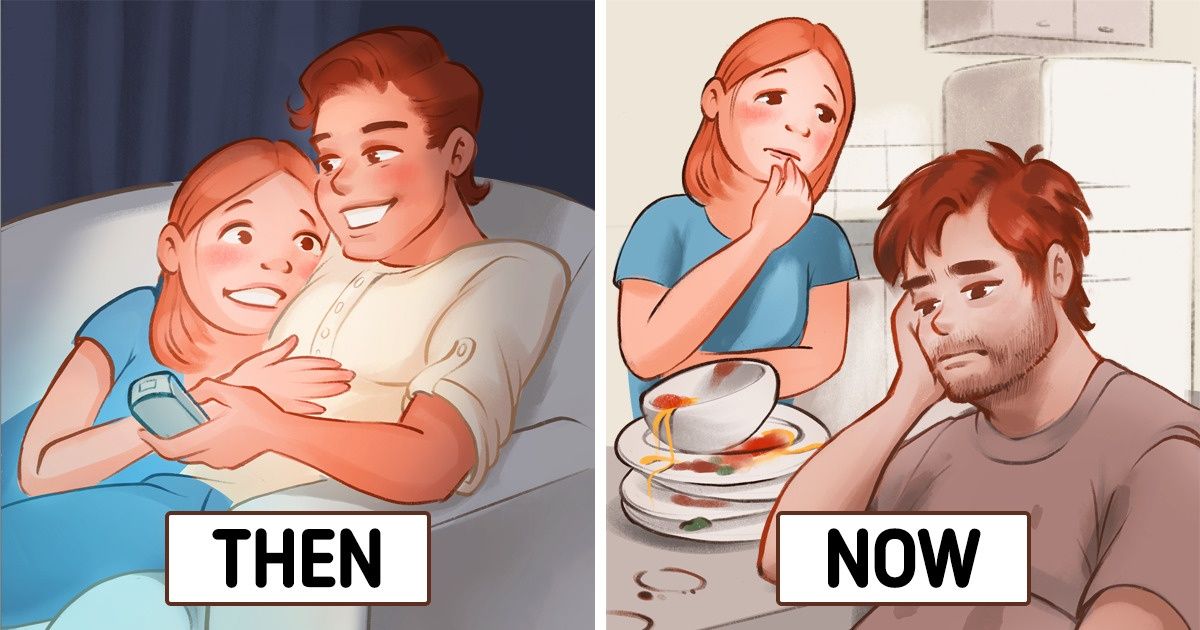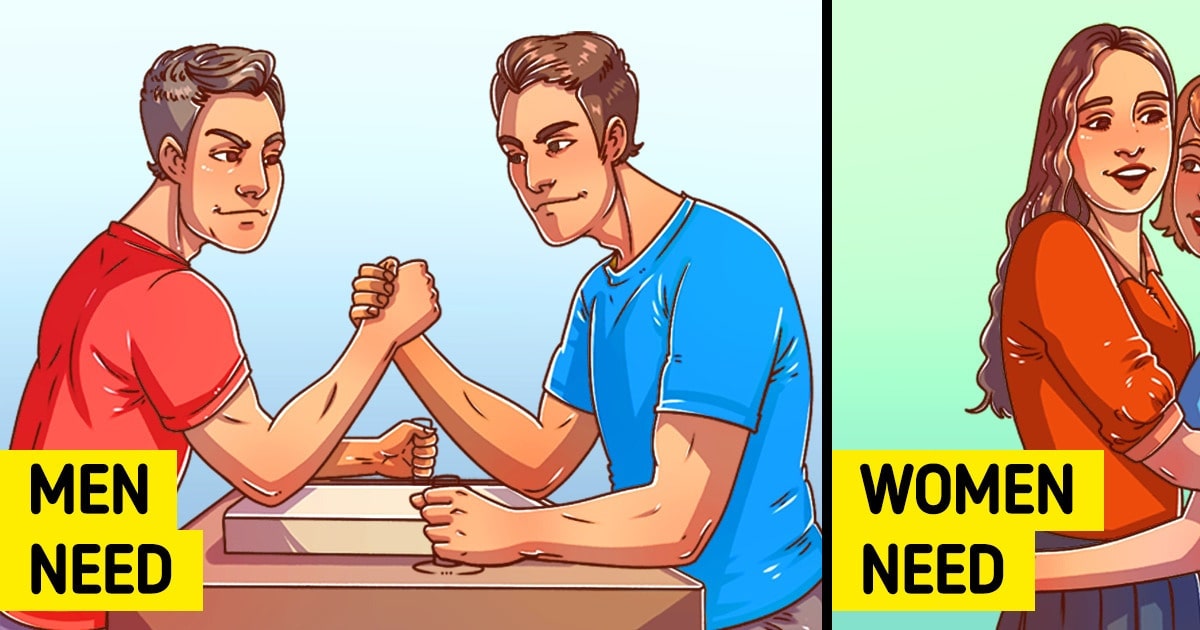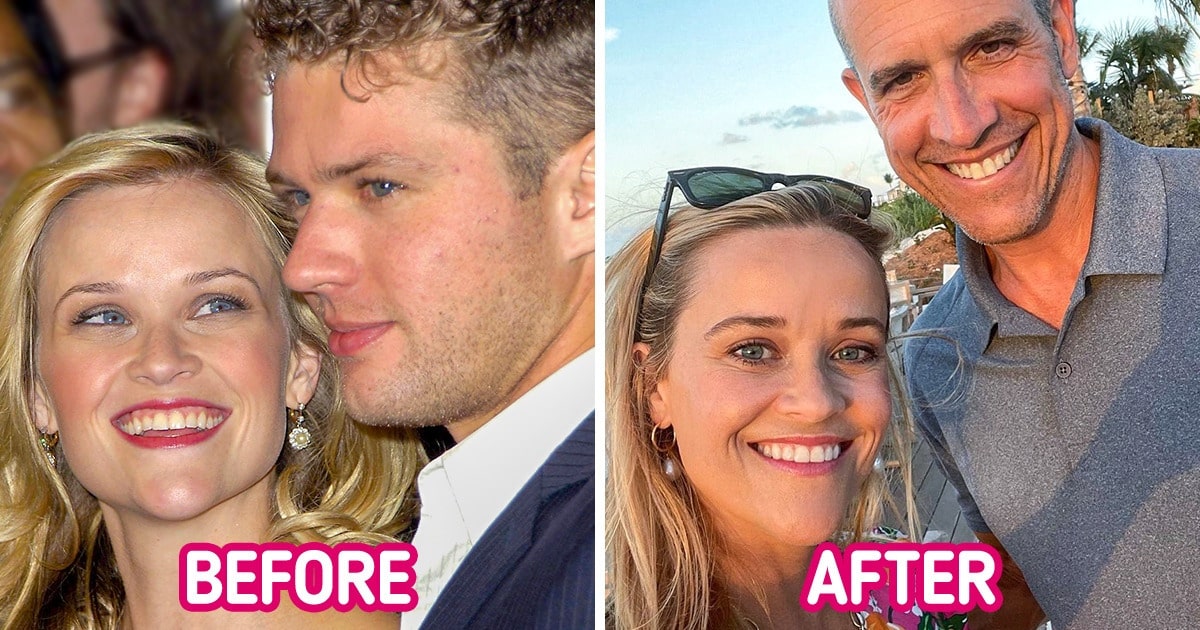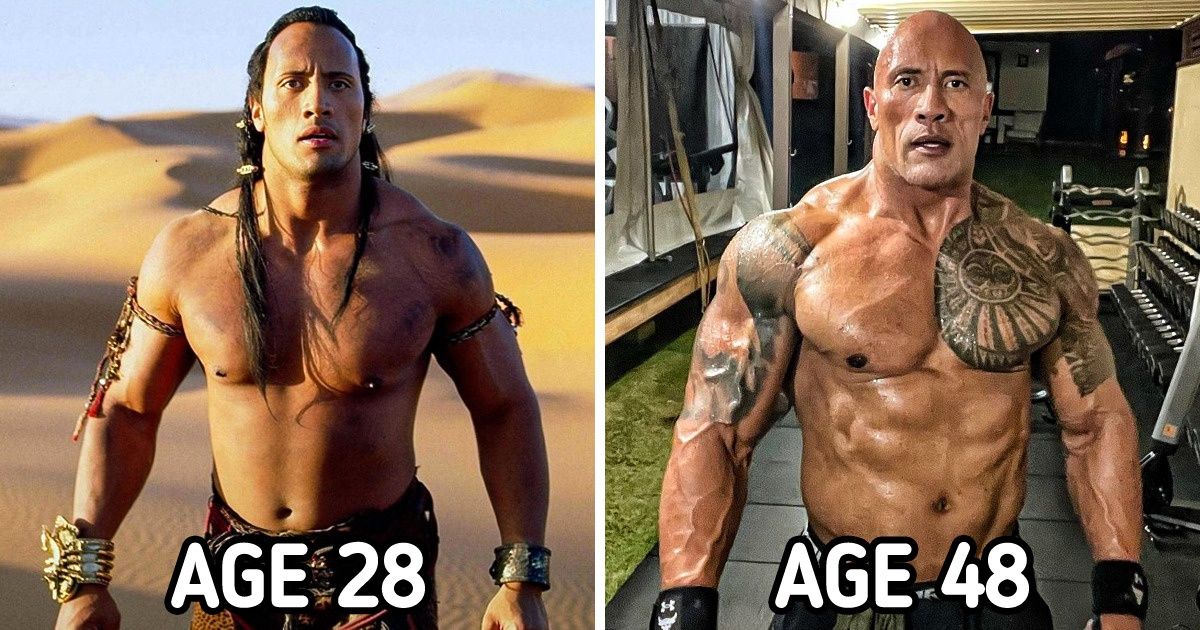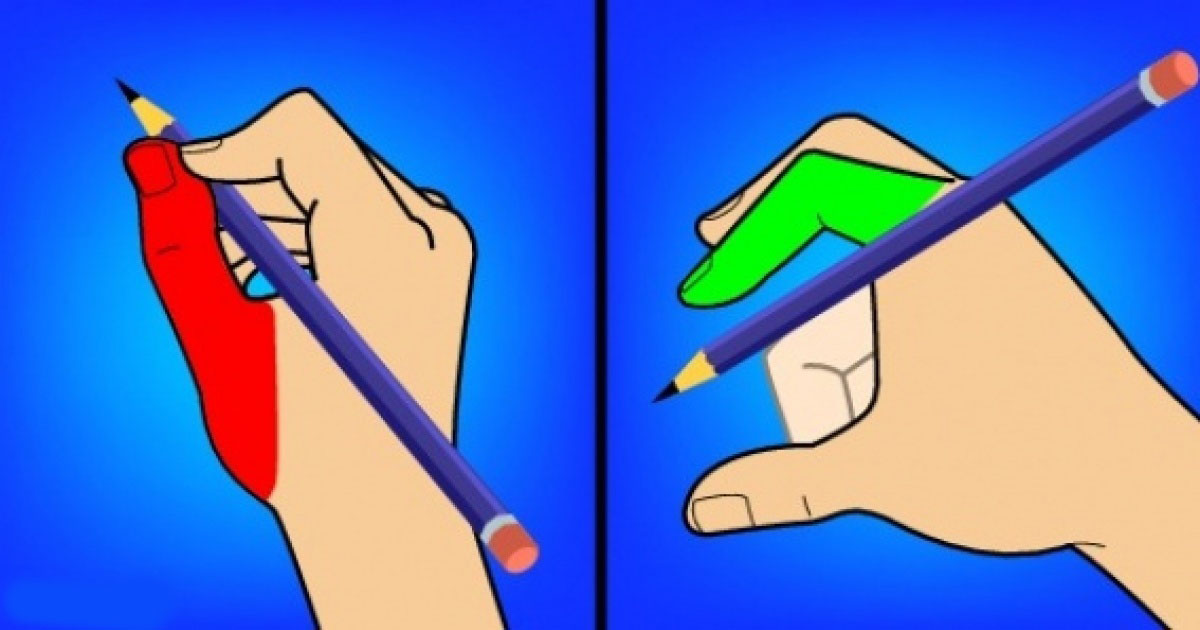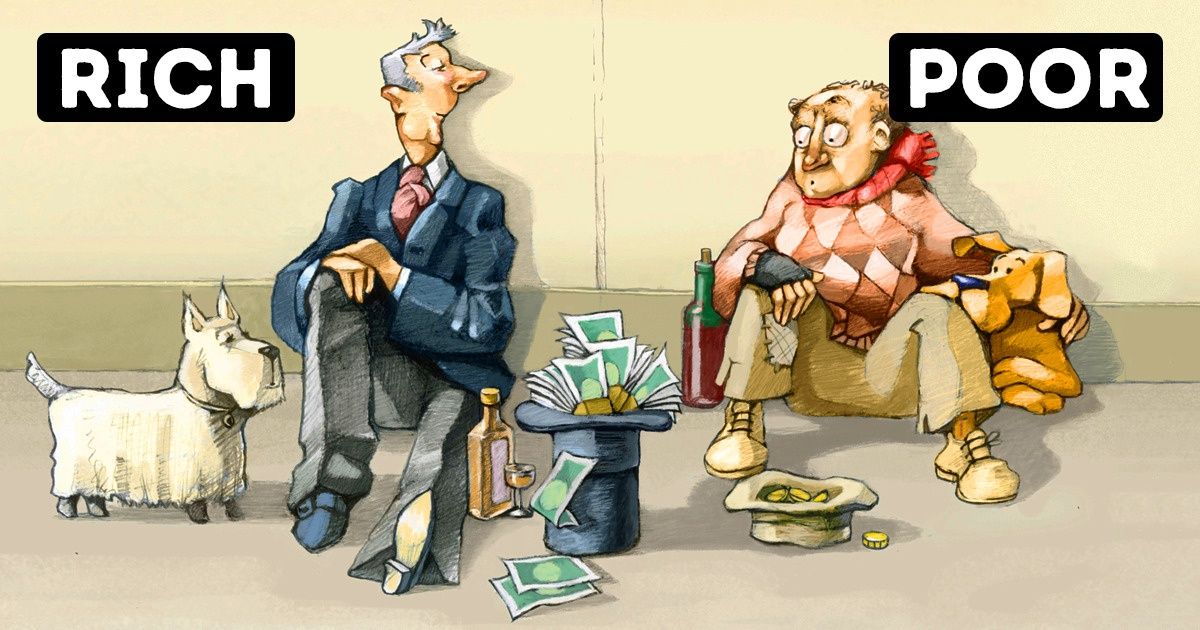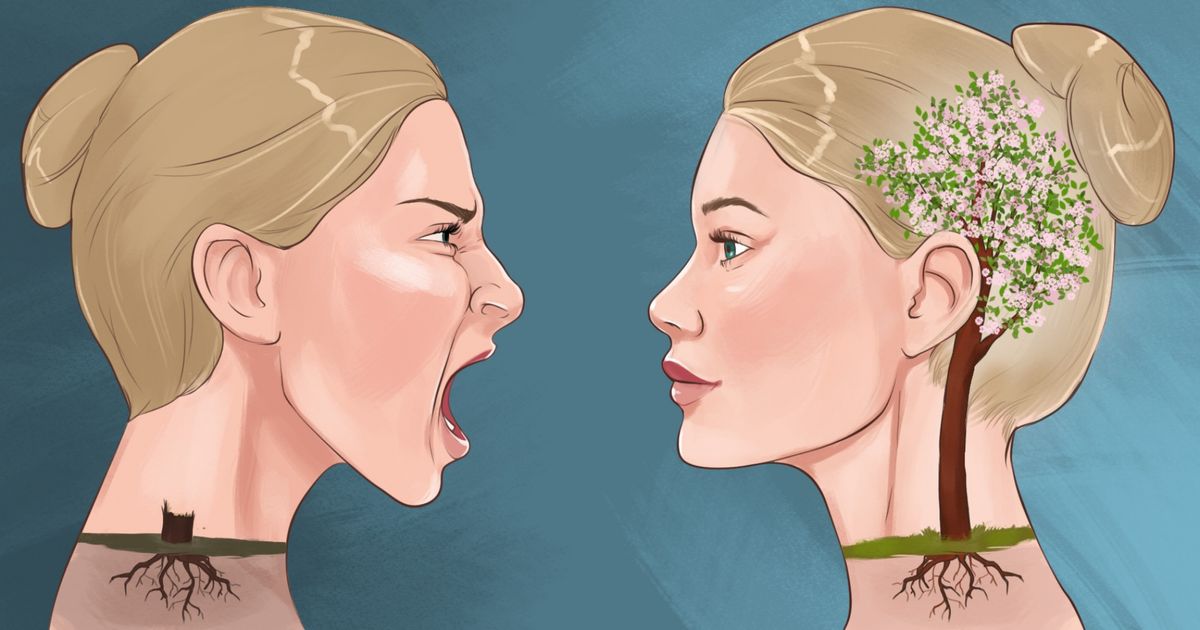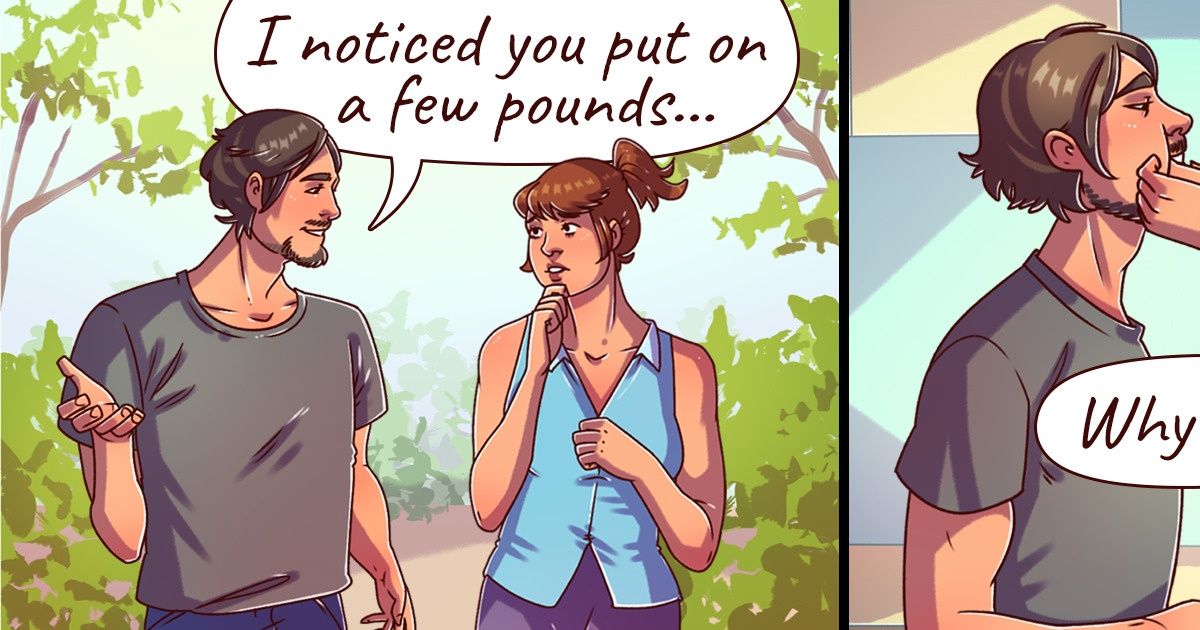Scientists are adamant: our feelings and the logic of the development of love are closely linked to the biochemical processes of our body. Even if we wanted this incredible and passionate feeling to last forever, our bodies could not bear it.
We found out why the feeling of passion always fades and how we can save our relationship when the hormonal cocktail stops working.
We Experience Euphoria When We Fall In Love

Scientists believe that the euphoria triggered by passion has much in common with the sensation the addict experiences after taking another dose of the drug of choice.
This is a conclusion from neuroscientists Andreas Bartels and Semir Zeki of University College London.
This effect appears because the brain and adrenal glands produce the hormone norepinephrine. This same hormone is produced after taking cocaine or heroin.
A person who is in love increasingly feels the need to find their partner because they want to experience that emotion.
When We Fall In Love, There Is A Hormonal Cocktail In Our Body
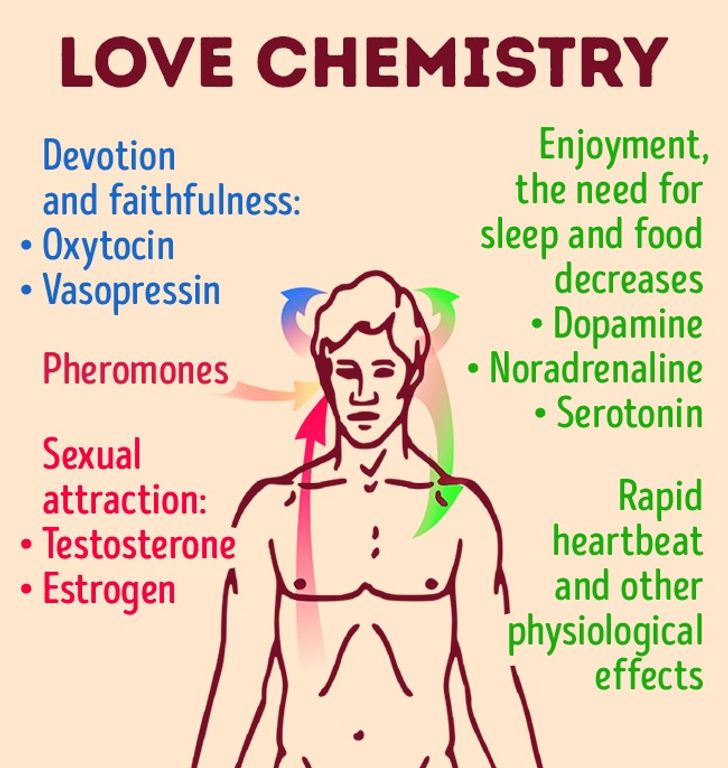
When we fall in love, various chemical processes occur in our brain that makes us ignore the disadvantages of our partner.
We also feel that our lives are great only with our loved ones and we depend on them emotionally. Hormones play a very important role here.
Oxytocin is responsible for emotional attachment and contributes to a deep emotional connection between couples. If the hypothalamus produces enough oxytocin, your stress levels drop and your desire becomes even more intense.
Vasopressin is responsible for loyalty, the desire to care for one another, and, like oxytocin, emotional attachment.
Dopamine is the pleasure hormone. Its production contributes to delicious and pleasant sensations. This hormone makes us feel high and is produced in large amounts when we eat or make love.
Serotonin is responsible for our ability to feel pleasure, it encourages us and improves the quality of our sexual life.
Cortisol is called the stress hormone and, according to several researchers, its levels are very high at the beginning of each relationship.
Our dependence on the chemistry of love is stronger due to pheromones. Pheromones are produced by the sweat glands of our body (male and female) and affect the receptors of the olfactory system.
This hormonal cocktail causes various physiological reactions such as excessive sweating, rapid heart rate, dilated pupils, sleep disturbances, and loss of appetite.
Why Can’t The Feeling Of Falling In Love Last Forever?
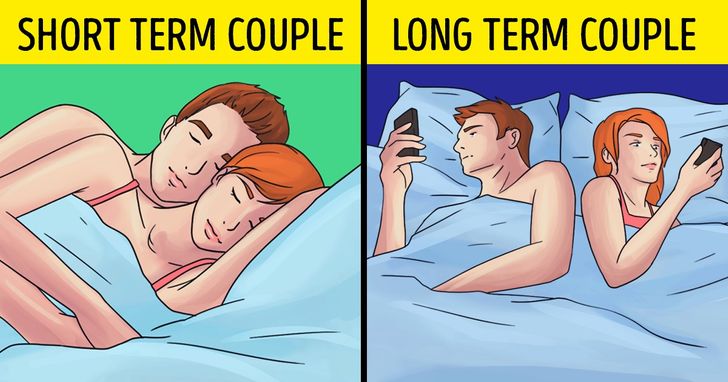
The biological rules are strict: our love is just a fleeting chemical process that lasts a maximum of 3 years.
During evolution, humans needed it to survive. Our ancestors would find it difficult to take care of children, find food, and protect themselves if they were alone.
The feeling of passion helped the couples stay together for the sake of their children’s survival. And as the child grew, that feeling disappeared.
In less than 3 years, the nerve endings become almost insensitive to the production of these hormones. Also, the hormones themselves are produced in a much lower concentration.
Brain function is stable, it begins to function regularly, and hormones stop stimulating the couple’s emotional bond.
Are All Of Our Relationships Doomed?
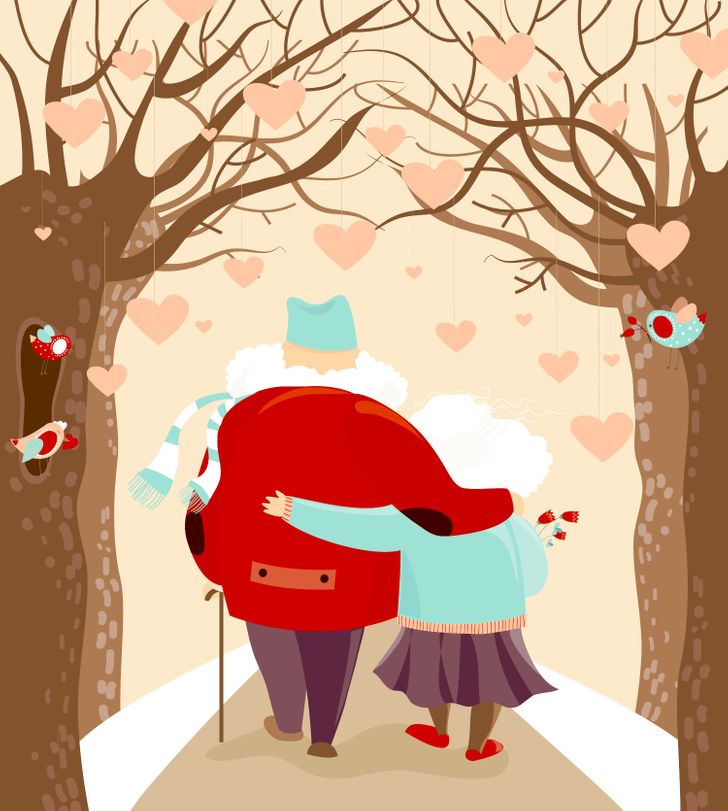
The period of passion is stressful for our body. A calm pace is more effective for us. True love probably begins when the hormonal cocktail stops working.
Scientists have discovered that the feeling of attachment that makes us live with our partner for a long period of time is related to oxytocin and vasopressin. The level of oxytocin increases when people hug, have sex, kiss, or simply talk.
So here’s the bottom line: touches and tenderness are the best way to maintain long-term relationships.
And don’t forget to maintain the ability to listen, express your gratitude, reach compromises, overcome conflicts, and move forward together.
